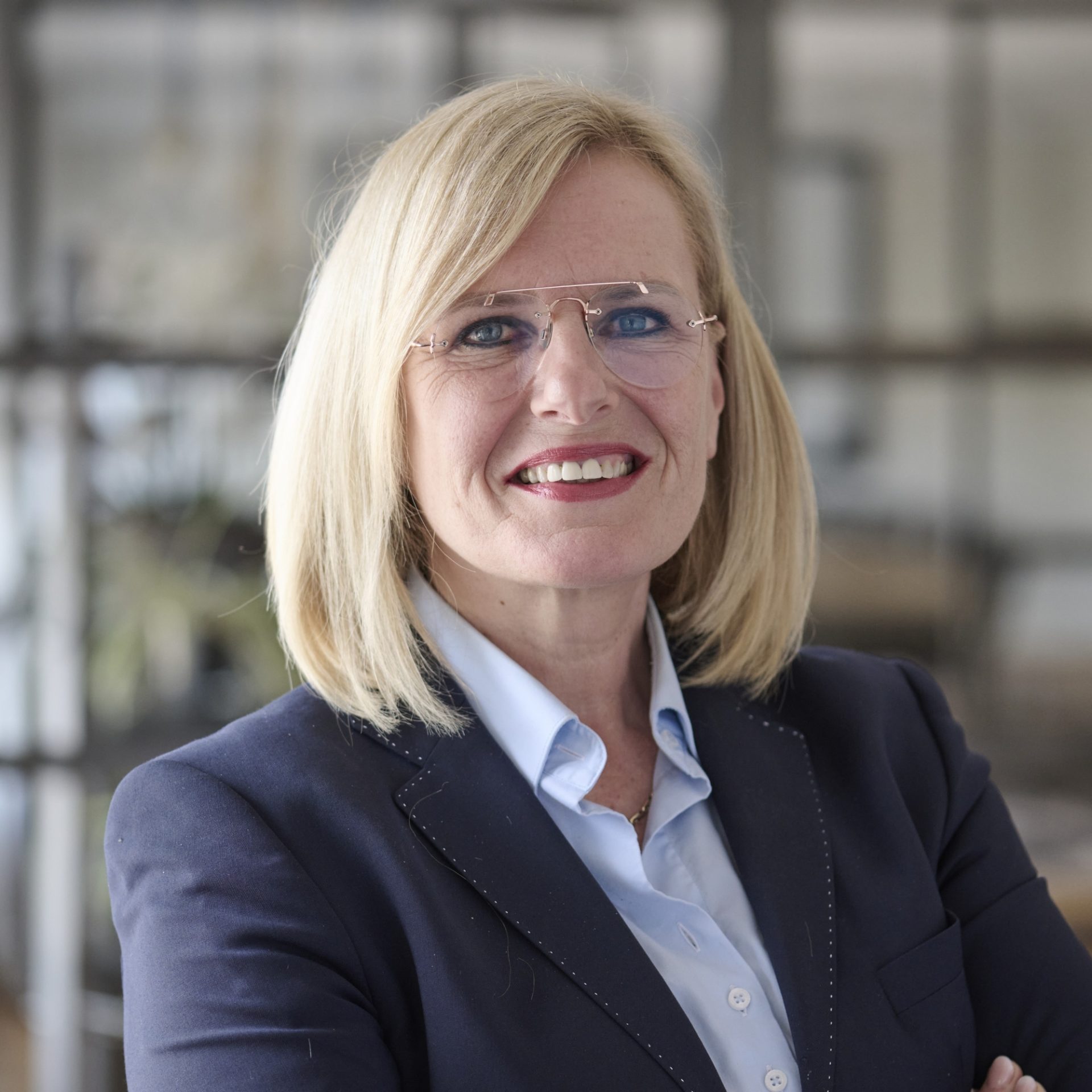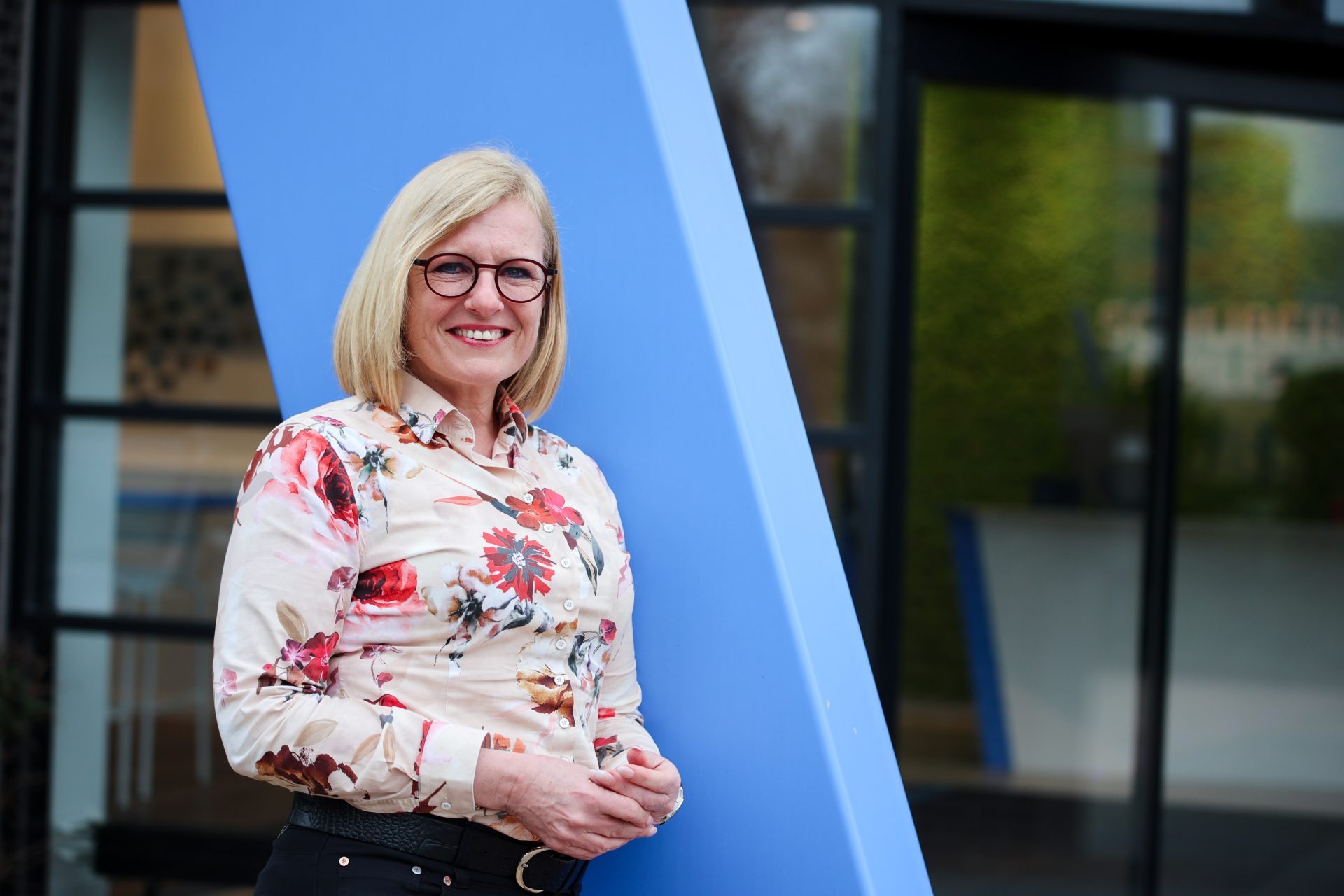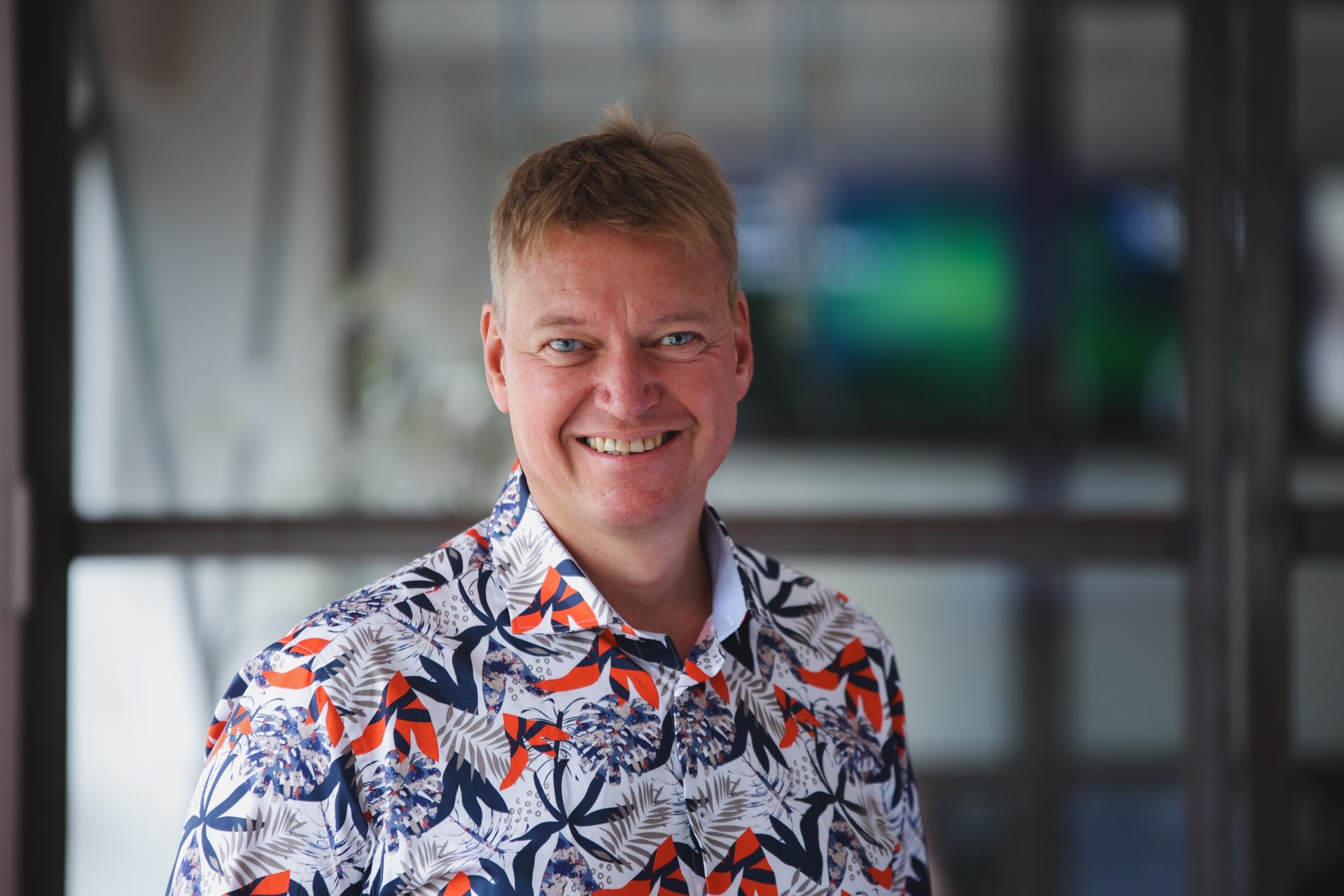Working life
As a Customer Sales Director at Schuberg Philis, what's your main responsibility?
I work within two customer teams, which are the organizational structures that Schuberg Philis has in place to ensure each customer has a dedicated group of experts taking care of their entire journey. So in my case, I serve as the Customer Sales Director for two separate teams that belong to the same Greater Customer Team (GCT) focused on the financial industry. GCTs are the business units around which multiple customer teams self-organize, and they provide a homebase where we can exchange industry ideas and support. My main responsibility is to ensure that both of my customers get what they need from Schuberg Philis. As far as customer satisfaction goes, we strive to reach 100% – we work every day to get a bit closer to that 100%. I contribute to that by staying curious about everything going on with our customers: inside their particular organization but also within their industry. Because both of my customers are banks, I really try to keep up with everything happening within the banking sector, such as following developments around the DORA regulation, KYC ("know your customer") standards, and financial crime. Within Schuberg Philis, we always want to understand our customers' business and stay up-to-date with the latest trends and developments, so we regularly organize knowledge sessions about the financial industry. That way, if my customers come to me with a problem, I don't just give an answer to their question, but I always look at the question behind the question. It's a matter of understanding: why are they asking this? Is it because they want to reduce costs or enhance productivity or compliance? I'm not a pushy salesperson, and at Schuberg Philis I don't have to be because we really believe in, and have long-term partnerships, with our customers. I try to find win-win situations, and I'm always seeking mutual ground. When something is mutually beneficial, I don't have to sell things because they are in our portfolio; rather, I can seek within the customer what the real need is and find a solution for that need.
What’s a typical day for you?
I live 120 kilometers away from our Schiphol-Rijk office, so my commute most of the time takes up to two hours. I listen to audio books or follow a course; I completed Azure Fundamentals in the car, which was a good way to spend the time. At the office, I am one of the early birds because I try to avoid traffic jams, so sometimes I'm there at 7:00 or 7:30. Since it's very quiet at that time of the day, I can do all my administrative work and already set things in motion. When the team comes in, we begin with the daily startup. As experts, we form a team that's not hierarchical and together create opportunities for our customers' business progress. The real value of Schuberg Philis is that we have highly experienced people. It's engineering in the lead. Because we have so many specialized engineers and such good other people working here, I can say to my customers "trust me" – or even better, "trust us"– and be very confident that the trust is justified. That's why we can always deliver on time and within budget even when it comes to complex migrations. When something is difficult, mission-critical, and highly technical, we are at our best.
Do you find that banks have special needs or require a different sales approach?
There are a lot of similarities between the needs of banks and other customers, but banks have to make sure they comply with all the legislation around the financial industry. That's becoming more and more urgent with the internet and the cloudization of everything, which is resulting in even more legislation. Banks have to know who their customers are while being able to follow the trail of the money and prove more and more that the money has been handled with due diligence. As the financial industry often says, "KYC." In fact, the same applies to us: we know our customers.
Company culture
You've now been at Schuberg Philis for two and a half years. What did you do before?
I worked at a large telecom provider for many years in several functions, from sales assistant to manager of a call center and then director of sales operations. All functions had one thing in common; they involved working with customers, and I enjoyed that. I also worked at an IT company as a dealmaker on big outsourcing workplace deals with customers. A nice job, but after signing a contract, the next contract would already be demanding my attention. I thought about how I would like to build relationships that last longer than a few months or a half-year. That was the reason why when a headhunter called me and said: "I may have a job opportunity for you at Schuberg Philis," I pursued it. Here I do the contracting, but I also am commercially responsible for the team results and have that long-term-relationship with customers. The other reason I joined Schuberg Philis was because I was curious about how they managed to get such high scores in Giarte's annual IT provider survey. For many years in a row, Schuberg Philis has stayed in the most upward right quadrant of a graph showing which companies add most value to their customers.
Have you observed any other unique attributes about the company?
Yes, when I applied to Schuberg Philis, the first interview felt very strange to me since it was so different from others I had experienced. The whole interview ended up being about me as a person – not about what I had done or what I can do as a salesperson. The interviewer told me that at the next interview we would deep-dive into my résumé, but for now, the point was just to get to know me. I thought this was really odd but also really nice. It was an eye-opener; most important was who I am instead of what I had achieved or had potential to achieve. In all the other later interview rounds, I saw that same value reflected in the people who interviewed me. I really fell in love with this culture of Schuberg Philis.
Passion project
You volunteer each week. How did you get into this practice?
In my past job, it was always about getting new customers in, working with your head, and I had sort of a midlife crisis. I thought: I've done this, I've done that. But do I really add to making the world a bit better? I wanted to take time off to see if I could get a job with a more satisfying purpose. During that time off, my father was terminally ill, and I decided to be there for him. But that was not a full-time job, so I applied to do voluntary work with a hospice in Etten-Leur, where I live. I ended up working two days a week there. I really, really enjoyed it. I thought about making this my new career; yet, there you work with your heart, but I missed working with my head. After my father died, I applied for a new job in the IT sector, where I had always worked, but I wanted to have more balance, so I stayed on at the hospice on Saturday mornings.
What's so satisfying about this work?
I always say you do it half for yourself and half for someone else. In a hospice, there are people who have three months or less to live, and they know they are going to die. But it's not about death in the hospice; it's about making the most of the time you have left. Contributing to that is really satisfying and it's deeply satisfying helping other people. I make breakfast for those who live there. I have talks with people. Sometimes I help the nurse take care of the people or comfort them. Or I talk to the visitors. It's diverse, and I really like it. And no, I don't take it home with me; I sleep fine at night because when I think about the hospice, I don't think about the death. I think about the smiles I had with the people who are there, the meaningful conversations, and the little jokes. So it's about living – and living well.
How you are as a volunteer sounds similar to how you are as a sales director, seeking deep connections and devoting your whole self to relationships.
And I think that was why we had a click from the beginning. I want to work with my head and my heart, and within Schuberg Philis that's possible.
Curious to know more about how more colleagues spend their days? See the whole series here.




